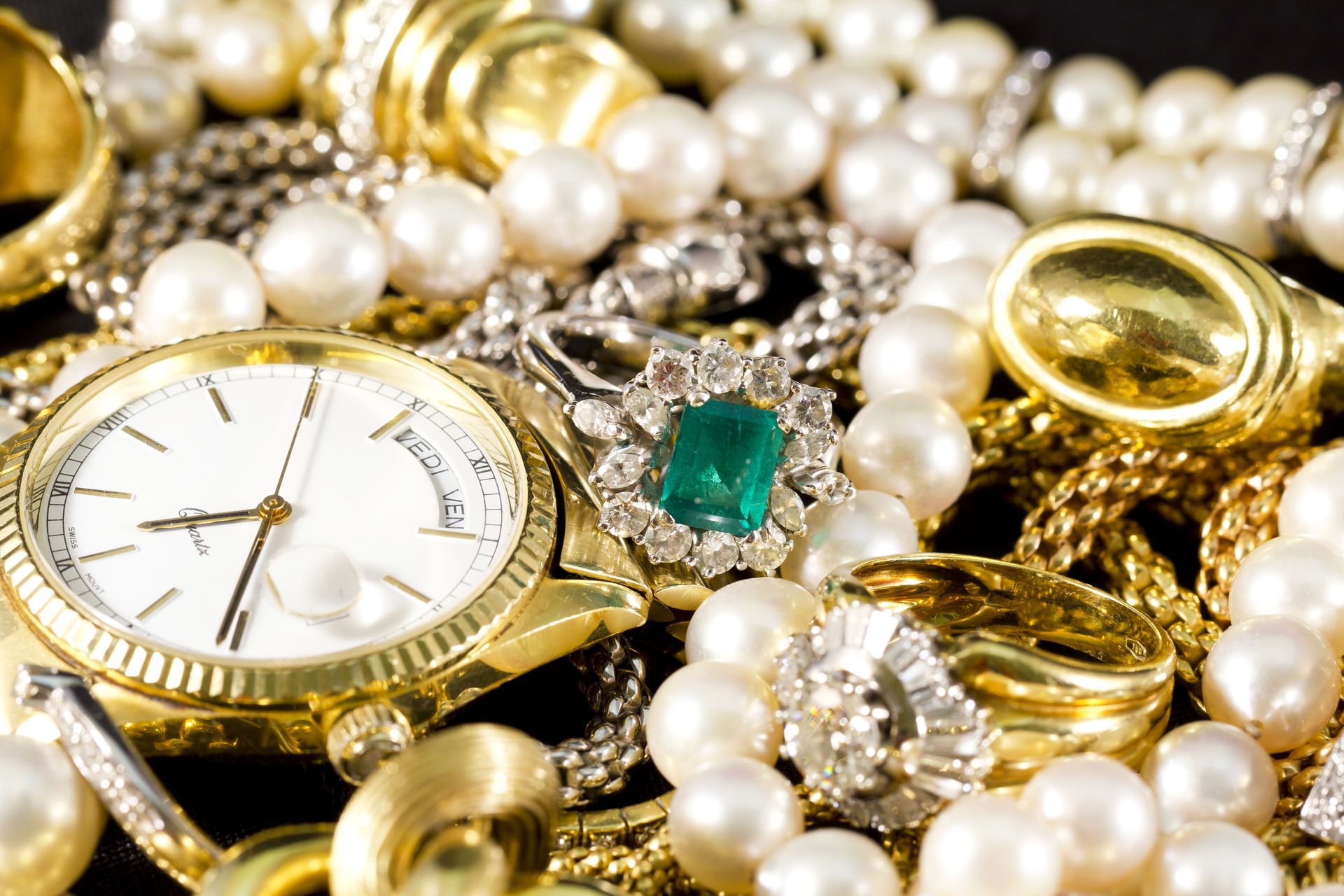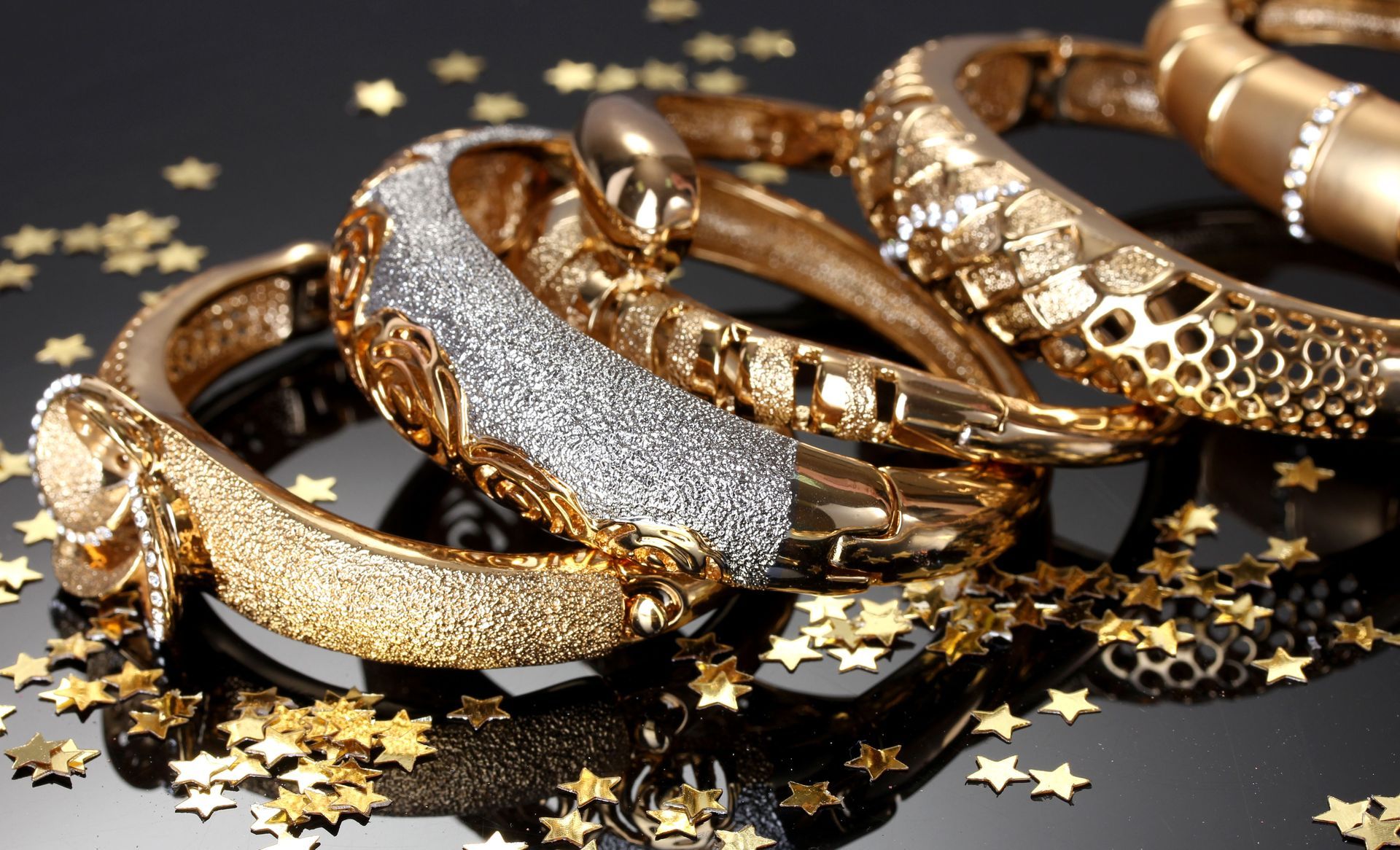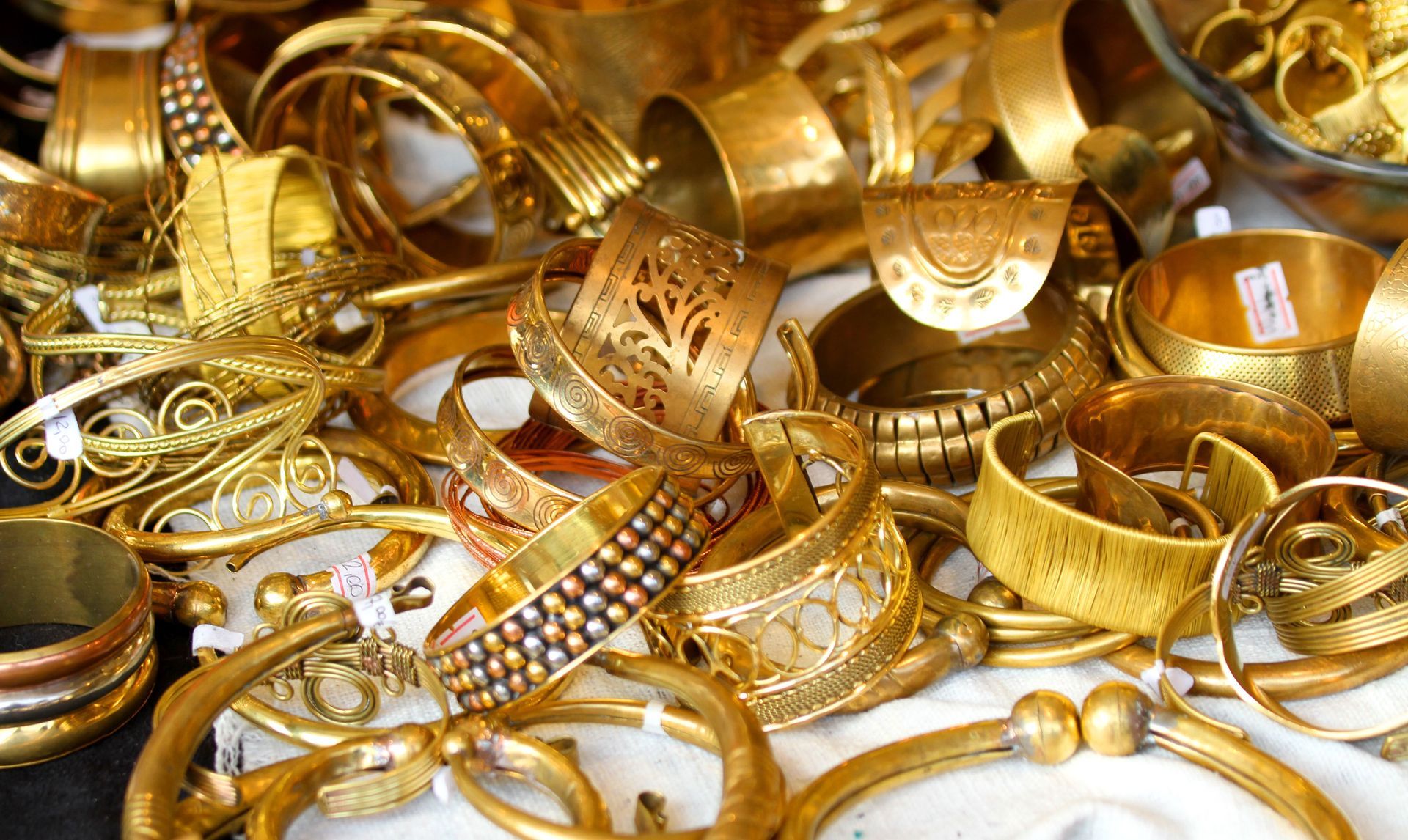October 13, 2025
When you decide to sell jewelry, understanding the appraisal process is one of the most important steps to ensure you receive fair value. An appraisal is a professional evaluation that determines the quality, authenticity, and market worth of a piece of jewelry. Whether you are selling a family heirloom, a modern designer piece, or simply looking to downsize your collection, knowing how appraisals work can help you make informed decisions and protect your financial interests.
Selling jewelry can be an emotional and financial decision. Pieces may carry sentimental value, yet they also hold material and market value. By having a professional appraisal, you gain insight into the worth of your jewelry, helping you confidently approach buyers or resale platforms. This article will explore why appraisals are important, what they include, how appraisers determine value, and the best practices for maintaining accurate and up-to-date evaluations.
Why Is an Appraisal Important When You Sell Jewelry?
An appraisal serves as a foundational element when you sell jewelry because it establishes credibility and ensures that both sellers and buyers understand the true value of an item. One of the primary reasons an appraisal is critical is that it provides an objective assessment of your jewelry’s worth. Without this professional evaluation, it can be challenging to determine a fair selling price or negotiate effectively with buyers.
Appraisals also verify authenticity. In today’s market, where counterfeit gemstones and metals are a concern, having a certified appraisal reassures potential buyers that your piece is genuine. When you sell jewelry, a documented appraisal can act as a form of protection, making the transaction smoother and more transparent. Furthermore, appraisals can be especially valuable if you are selling high-value items, such as gold, platinum, or diamond jewelry, as these materials often fluctuate in market value.
According to USGoldBureau.com, from 2000 to 2024, the price of gold rose by over 600%, outperforming many traditional asset classes during periods of volatility. This demonstrates why understanding current market conditions is essential when selling gold jewelry or pieces containing precious metals. An up-to-date appraisal can help you align the sale price with market trends and avoid undervaluing your valuables.
What Information Does a Jewelry Appraisal Include?
A jewelry appraisal provides a detailed account of several key factors that influence the piece’s value. Typically, an appraisal will include a description of the gemstones, including their type, size, color, clarity, and cut. This level of detail helps buyers understand the quality of the stones and their contribution to the overall worth of the jewelry.
The appraisal also identifies the metal type, such as gold, silver, or platinum, and its purity. Other characteristics, like the presence of intricate craftsmanship, designer signatures, or unique design elements, are often noted as they can significantly affect value. For example, a handcrafted vintage ring may carry a premium beyond the sum of its parts due to artistry and rarity.
Additional attributes, such as the condition of the jewelry and any historical significance, are also included. An accurate appraisal is more than a price estimate; it is a comprehensive record that ensures transparency and provides a clear basis for pricing when you sell jewelry. Whether you are planning to sell at a local jewelry store, through a private buyer, or online, having this detailed documentation is essential.
How Do Appraisers Determine the Value of Jewelry?
Professional appraisers follow a systematic approach to determine the value of jewelry. They combine their knowledge of gemology, metals, and current market trends with an examination of the item’s physical characteristics. One common method is market comparison, where the appraiser evaluates similar pieces that have sold recently to establish a benchmark value. This approach ensures that your jewelry is priced competitively and fairly.
Condition assessments are another critical factor. Even minor scratches, loose stones, or signs of wear can affect value. Appraisers also consider factors such as provenance, brand, and rarity. Designer pieces or jewelry with a notable history may command a higher price due to their collectible nature.
Certification from recognized gemological organizations can further enhance credibility. Appraisers often reference gemological standards to verify the quality of gemstones, ensuring that a diamond, for example, meets established criteria for cut, clarity, and carat weight. When you sell jewelry, this rigorous evaluation process helps guarantee that the price you receive reflects both the intrinsic and market value of the item.
How Often Should Jewelry Be Appraised?
Jewelry appraisal is not a one-time event. Market conditions, especially for precious metals like gold, platinum, and silver, can fluctuate significantly over time. Regular appraisals help ensure that you have an accurate understanding of your jewelry’s current worth.
For those who sell jewelry occasionally, it may be sufficient to obtain an appraisal every few years or before a sale. However, if you frequently buy and sell jewelry, more frequent appraisals are recommended. This is particularly true during periods of high market volatility, as demonstrated by the dramatic increase in gold prices between 2000 and 2024. An outdated appraisal could result in selling jewelry for less than its true market value.
Additionally, insurance purposes often require periodic updates to appraisals. Even if you are not planning to sell immediately, keeping your appraisal current ensures that you have reliable documentation to support both financial and insurance claims.
What Should You Look for in a Jewelry Appraiser?
Choosing the right appraiser is a crucial step when you sell jewelry. Not all appraisers are equal, and selecting a qualified professional ensures that your evaluation is accurate and trustworthy. Start by looking for credentials from recognized organizations, such as the Jewelers of America. These credentials indicate that the appraiser has completed extensive training and adheres to professional standards.
Experience is equally important. An appraiser with a strong track record in evaluating the type of jewelry you intend to sell is more likely to provide a precise valuation. For example, appraising antique jewelry requires a different skill set than evaluating contemporary fashion pieces.
Transparency and communication are also key factors. A reputable appraiser should clearly explain how they determined the value, provide a detailed written report, and answer any questions you may have. When you sell jewelry, having confidence in your appraisal can give you leverage during negotiations and help ensure that you receive a fair price.
How Can You Maximize the Value When Selling Jewelry?
While a professional appraisal is central to selling jewelry successfully, there are additional steps you can take to maximize value. First, maintain the condition of your pieces. Clean, polished, and well-maintained jewelry often appraises higher than items that appear worn or neglected.
Next, gather any supporting documentation. Original receipts, certificates of authenticity, or previous appraisals can enhance credibility and reassure buyers. Being able to provide this information alongside your appraisal can make your jewelry more appealing and potentially increase the sale price.
Finally, educate yourself about current market trends. Understanding fluctuations in gold, silver, and gemstone prices allows you to time your sale effectively. According to USGoldBureau.com, gold prices have increased dramatically over the past two decades, demonstrating how market awareness can influence when and how you sell jewelry.
Appraisals play an essential role when you
sell jewelry. They provide an objective evaluation, verify authenticity, and help you establish a fair market price. By understanding what appraisals include, how value is determined, and how to choose a qualified appraiser, you can approach the selling process with confidence.
Regular appraisals, attention to market trends, and careful documentation can maximize the value of your jewelry and streamline the sale. Whether you are selling a single piece or an extensive collection, a professional appraisal is a step you cannot overlook. Be informed, select a trusted appraiser, and stay updated on market conditions to ensure a successful and rewarding transaction every time you sell jewelry. If you're looking to sell jewelry, call ATL Gold Buyers today!






